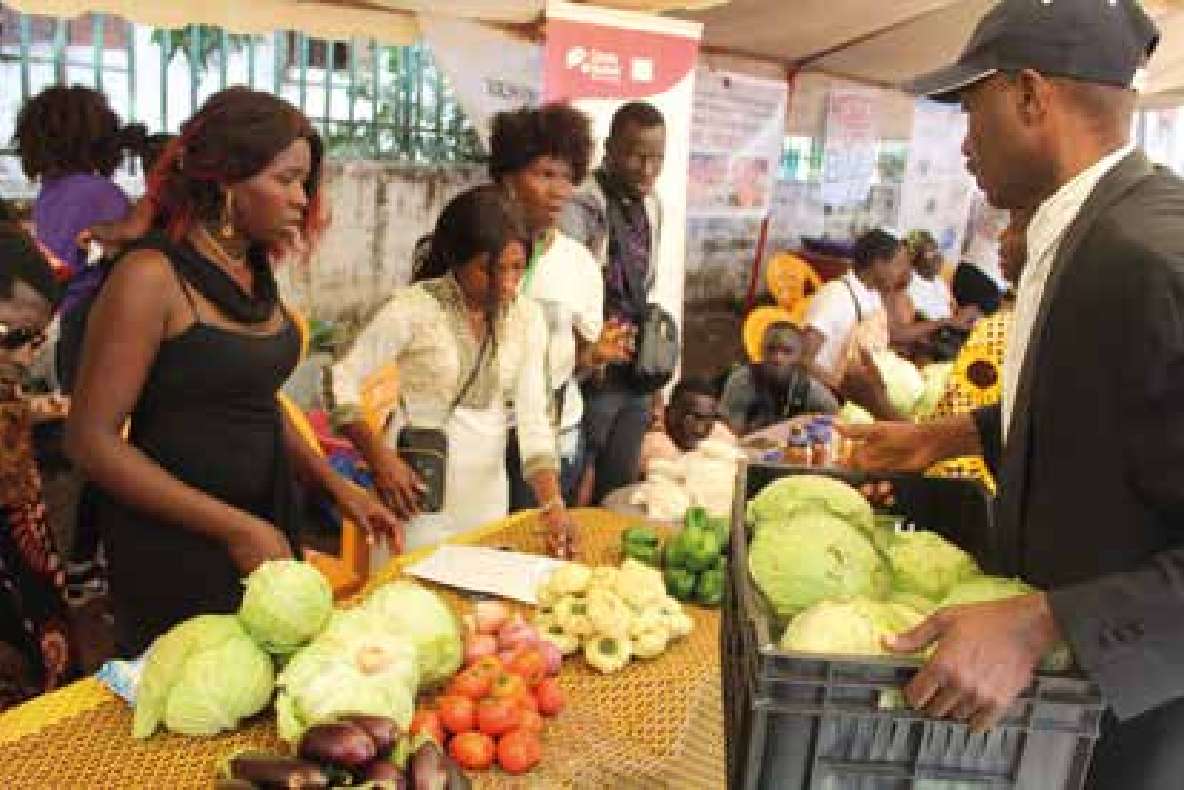Where farmers identify the challenges they face and work together as a team
Each Farmers’ Club has 50 members, men and women, who jointly make decisions and take action. Clubs can be informal or formally registered and they also have opportunities to create co-operatives or join other farmers’ organisations.

This means they can benefit from shared structures and financing opportunities.
Project leaders live and work among the farmers. They are part of the community and work with the farmers and the clubs.
The organisation of clubs is a way for farmers to get together to share their knowledge and experiences. They work together in demonstration fields and have meetings and sessions. Field days and agricultural shows are organized in the whole community.
Protecting the environment is a matter of high priority for Farmers’ Clubs, as they depend on living in balance with nature.
The Clubs strengthen the relationship between farmers’ groups and public and private agricultural institutions in the local area through two-way sharing of knowledge and long-term collaboration.

The Farmers’ Clubs are also linked to local government structures, which add expertise and help extend the project’s impact beyond its time.
Farmers’ Clubs extend into the social and cultural lives of the farmers and their families. They improve the participation of women, and they care for health and nutrition, disease prevention and sanitation, as well as protection of land rights. It’s a methodology which is flexible and adaptable to local climatic, socio-cultural and economic conditions.
